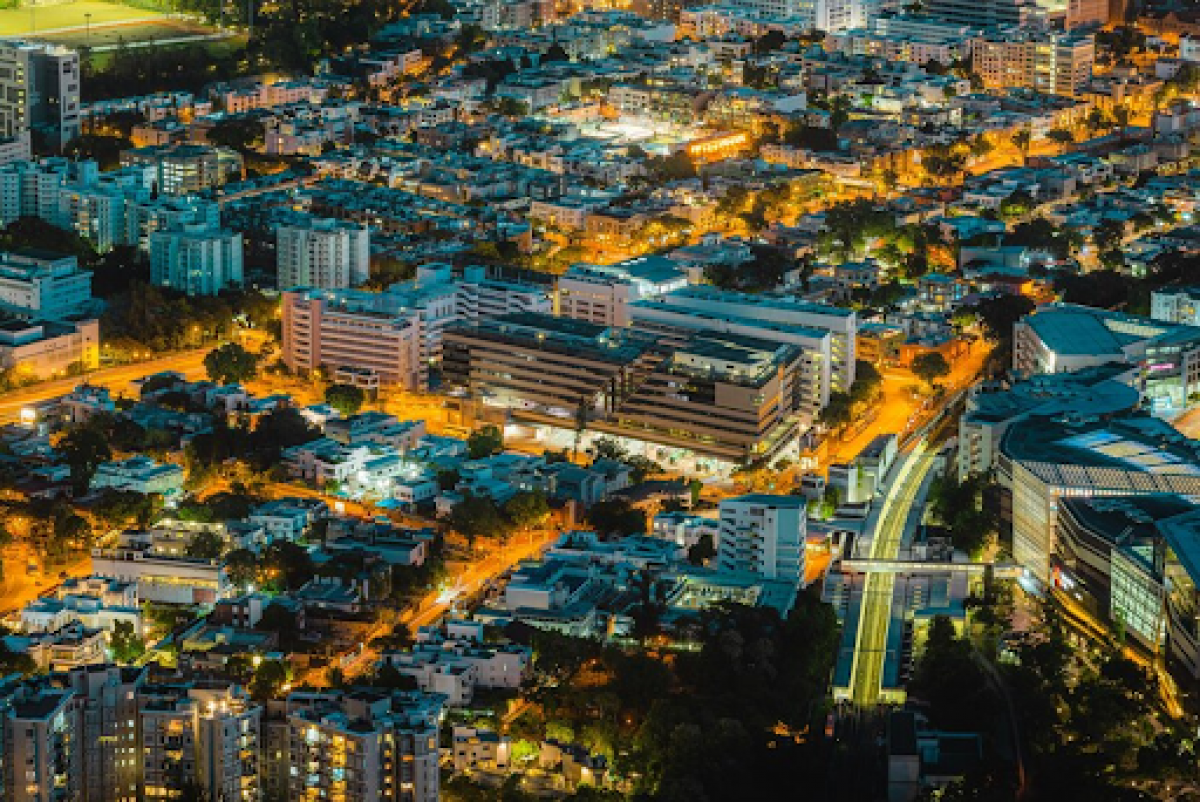Pune’s industrial sector is grappling with several pressing infrastructure challenges that could hinder its growth potential. In a meeting with representatives from multiple government departments.
various industry bodies voiced their concerns over persistent issues affecting their operations and overall efficiency. The discussions, held at a prominent industry forum, highlighted a range of critical problems, including unreliable electricity supply, poor access roads, and limited metro connectivity to key industrial areas.Representatives from Pune, along with surrounding industrial zones like Ranjangaon, Pimpri Chinchwad, Bhosari, Chakan, and Hadapsar, were vocal in their frustration over the inadequate infrastructure that continues to impede the smooth functioning of businesses in these regions. The issues raised were varied but interlinked, with industrialists pointing out the difficulties in securing sufficient and consistent power supply, which directly impacts production schedules.
Moreover, the lack of adequate access roads and metro connectivity hampers the movement of goods and employees, further driving up operational costs for businesses.
Alongside these infrastructural issues, stakeholders also raised concerns about the availability of clean water, sanitation, and waste management facilities. These issues are particularly significant given the growing importance of sustainable, eco-friendly practices in modern industrial operations. Without the proper environmental infrastructure, it becomes increasingly difficult for industries to comply with regulations and maintain their social responsibility standards.
In line with these concerns, industry leaders proposed the creation of dedicated industrial estates that cater to specific sectors, such as the tooling industry, which serves as a critical support segment for the automotive and engineering sectors. Such a move, they argued, would not only streamline operations but also foster innovation and enable more efficient industry practices. Furthermore, faster development of key infrastructure projects, such as the Chakan truck terminus, was suggested to improve the regional supply chain and alleviate traffic congestion, ultimately supporting better economic efficiency for industries operating in the area.Government representatives acknowledged the issues raised and expressed a willingness to address them. Local authorities assured the gathered industrialists that there would be continued dialogue and efforts to resolve these challenges. One of the key commitments made was the establishment of bi-monthly sessions, where government officials and industry representatives could meet to discuss ongoing concerns and work collaboratively on finding solutions.Officials also emphasized the importance of improving the ease of doing business in the region. They highlighted the streamlining of approval processes, which now take place through a single portal, facilitating smoother communication between industries and government departments.
This platform allows companies to submit issues related to various departments, helping to fast-track the resolution of their concerns.While these developments are a step in the right direction, the effectiveness of these efforts remains to be seen. The challenges faced by Pune’s industrial sector are significant, but with the right investment and a collaborative approach between the government and industries, there is potential for lasting improvements. Addressing these infrastructure concerns could be pivotal not just for the region’s economic growth but also for creating a more sustainable, inclusive, and equitable industrial landscape that aligns with the goals of building eco-friendly cities.As the region continues to expand its industrial base, the government’s response to these concerns will be a key determinant of whether Pune can maintain its position as a vital hub for both domestic and multinational companies. With the right infrastructure in place, Pune’s industrial sector could unlock its true potential, driving growth, job creation, and economic development for years to come


